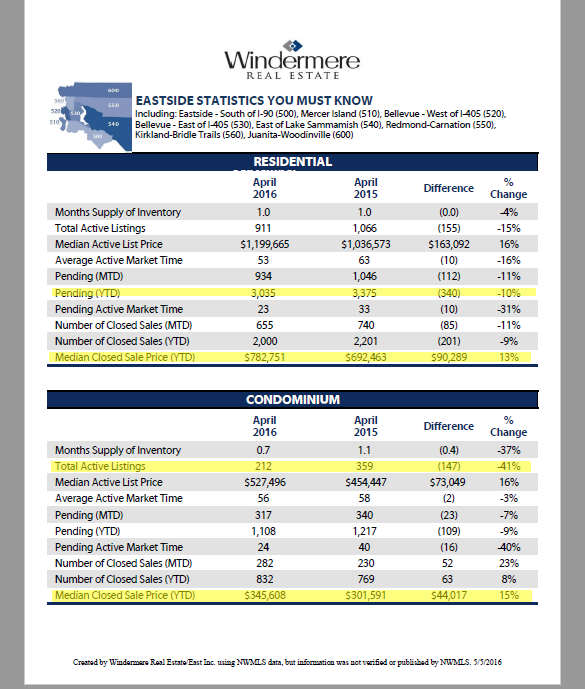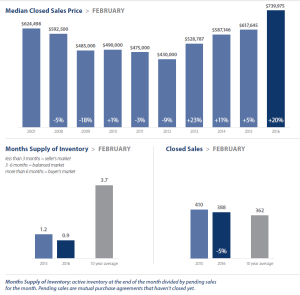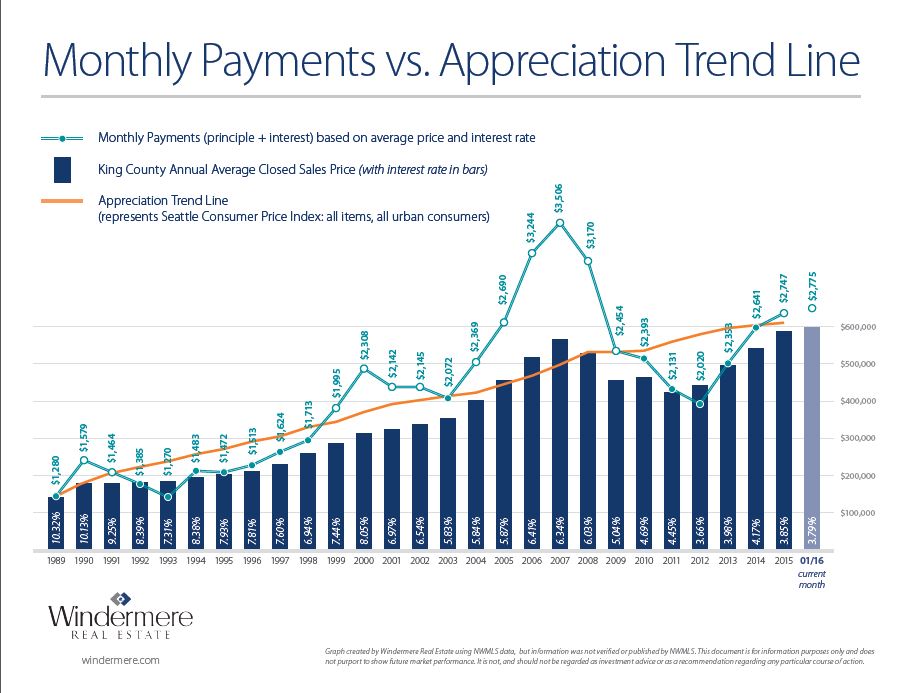Most of us will make resolutions with no expectations or true intentions of keeping them in the New Year. However, if one of your life goals for 2018 is to buy a home, I hope you will make and keep this resolution. Resolve to find an agent who is willing to listen to your needs and wants and offer you true solutions and strategies to achieve your goals. You need an agent who has the heart of a teacher, true market knowledge and the ability to communicate this to you. You also need to be willing to listen to them. Often we have to tell you news or information you don’t want to hear but need to. Every market has challenges and you need to understand them to succeed. You need to know what it takes to write a successful offer, have a strong picture of your abilities ready to present to a Seller’s agent and what parts of your picture need improving before you can or should write an offer.
There are lots of information sources on homes that you can find on line. This doesn’t make you an expert on getting to buy any one home. Ask any of the buyers who have been “trying” to buy a house for the last 1-2 years. They weren’t truly informed and prepared to buy in the present market, nor committed to work with the right agent. You need an agent to help you with the details of your picture and situation and one who is able to effectively communicate with you and the agent representing the Seller.
Many buyers think they will benefit from working with the Seller’s agent. This is most often not the case as this is a huge sign to the seller’s agent that you’re not truly prepared or committed to buying or you’d have an agent and team of people ready to represent you. Many Seller’s agents do not or will not practice dual agency, attempting to represent the seller and buyer in a home sale, so you will often be disappointed when they say no and you aren’t prepared to act on the home you want. Yes, you can go call any agent at that point, but now the seller’s agent still knows you aren’t truly prepared to act and this new agent is rarely aware of you, your strengths, abilities or intentions. You may think you know more about the home or market than “any” agent, and you may; but if you find the right agent for you, that agent will be able to help you understand the actual market and what it takes to get the home you want. What may seem like meaningless nuances to you often turn out to be critical differentiators to Sellers and their agents. Who your lender is; where your money is; how your earnest money matches your down payment and purchase price and many other details are often overlooked in preparing an offer. They matter.
An agent you want to work with will help you write better offers, clarify what steps you need to take to win and make sure you’re fully prepared with financing, source of funds, timing and several aspects of writing your offer so you can reduce your frustrations and win in the market. They might also surprise you and point out something you need to know about the home or neighborhood you think you want to buy in so you aren’t spending excess monies on home inspections or discovering, after you own the home, something you wish you’d known before you agreed to buy it. Most of us have sat through hundreds of home inspections and can point out items you may want to know before making your buying decision.
How do you find and agent like this? Maybe by contacting the agent who wrote this article or by asking people you know, who were truly happy with the agent they worked with–not because the agent gave them half of their commission, but truly happy with the knowledge, communication and assistance they provided them in their buying process. Talk to a few of these agents; see if you fit and communicate well with each other and are willing to commit to each other. Don’t expect and ask the agent to commit to you if you’re not truly willing to commit to them. It’s a lot of time and effort to educate buyers on the market, processes and nuances as well as finding the right home and what it will take to write the winning offer. If you walk away from the agent, they got nothing for their time and you still gained much. So, commit to working with one agent and stick with them unless they prove to not be holding up their end of the bargain in effort and actions. You can terminate the relationship if that turns out to be the case but it’s more likely you’ll succeed due to their guidance and you will save yourself a lot of frustration.
A similar situation exists for home sellers and those wanting or needing to sell a home and buy a new one. Many more questions need to be asked, answered and strategized around but all of them will be better addressed with the help of a great agent. Yes, your home can sell without any agent but did you truly get the best result from the sale? Doubtful. There are thousands of agents in our area but less than 20% of us do nearly 80% of the business, so resolve to find someone who will truly help you. It’s worth the effort and resolution
 Facebook
Facebook
 X
X
 Pinterest
Pinterest
 Copy Link
Copy Link







